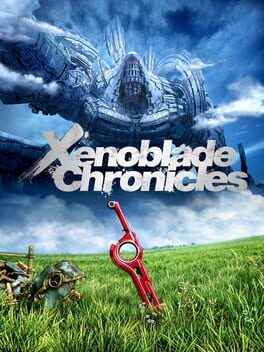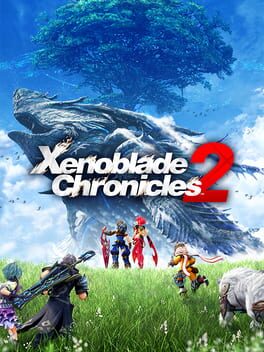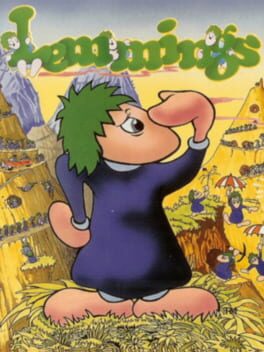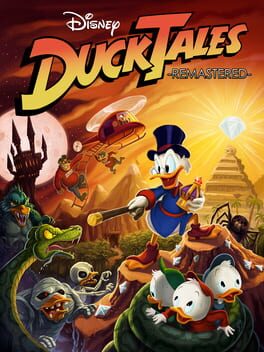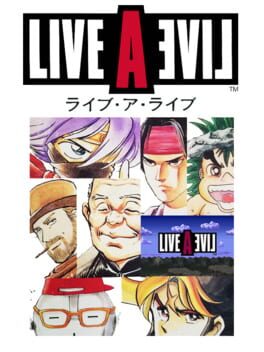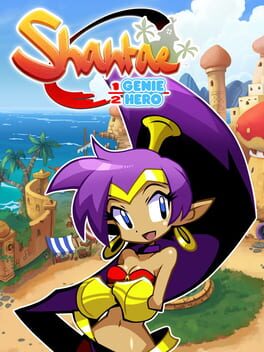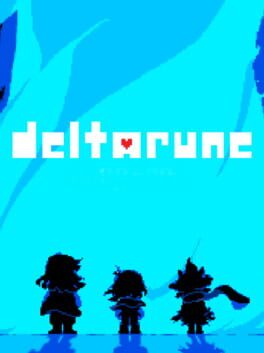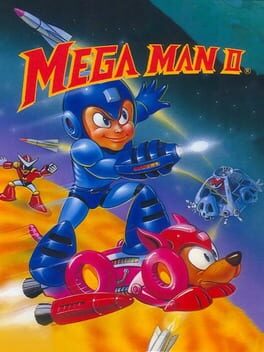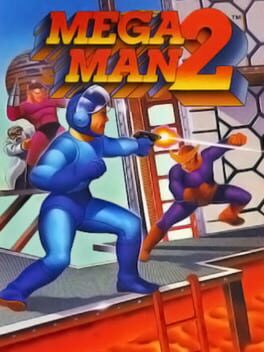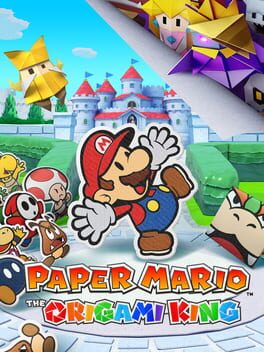Cool Music Bits
Notes on interesting musical things I've heard in various video games I've played, trying my best to avoid duplicating anything you'd hear in a YouTube video. (So, no EarthBound or Undertale!) Some of these may contain references to classical music and/or music theory.
15 Games
The Mechonis arguably has it's own leitmotif: a four-note sequence on the first, fifth, fourth, and seventh of the octave. You hear it when the beat drops in Mechonis Field, in the woodblock at the opening of Central Factory, and then in a slightly-modified form in Alcamoth's melody.
The main theme sure does sound like it's built around two separate subversions of the opening “Sunrise” fanfare from Richard Strauss’ Also Sprach Zarathustra, an orchestral piece based on Nietzsche’s work. (You might know the piece as being That One Song From 2001: A Space Odyssey.) In the opening measures of Strauss’ work, the trumpets go up an octave from C-G-C. In Xenoblade Chronicles 2, the main melodic theme begins by rising from C-G before falling back down the scale, tripping over its own feet. Later, at the climax of the main theme, a lone piano melody goes from C-G-B flat, coming up short of completing the octave before falling back down. Fun little thematic connections here, mirroring all the ways Nietzsche's worldview goes horribly wrong in the game's narrative.
It rules that half this game's soundtrack is just public-domain music: Ten Green Bottles, How Much Is That Doggie In The Window, the Can-Can. At one point in development, the soundtrack had a number of tunes that were copyrighted, requiring a big reworking.
For obvious reasons, most of the soundtrack was first composed as an 8-bit piece and then reorchestrated by Jake Kaufman for beefier instrumentation. However, I'd bet a lot of money that for the Mount Vesuvius theme, the normal version was composed first, followed by the 8-bit version - the song does a lot in HD that the 8-bit recreation simply can't capture with its limited channels.
The sequence formed by "The Demon King Odio" and "Megalomania" is really wild, theoretically speaking. "The Demon King Odio" is a small but well-constructed keyboard prelude and fugue, an actual classical music form that immediately sets it apart from the other music of each chapter. It is based on a repetition and development, in multiple cascading lines, of the first few notes of "Megalomania". This is why, when you're actually playing the game, the transition into each chapter boss battle feels like being launched out of a cannon directly through a fucking brick wall. Toby Fox would later rework this sequence, consciously or otherwise, as "Bergentrückung" into "ASGORE" in Undertale.
The songs used in the disco minigame are perfect gems, each one a lovingly-crafted ripoff of a song that would have been red-hot in Japanese discos of the era. "Queen of Passion" probably goes harder than Bananarama's "Venus," but "Friday Night" is the funniest: a legally-distinct version of Michael Fortunati's Italo Disco hit "Into the Night". (Fortunati himself was still playing live shows in Japan as recently as 2018.)
Jake Kaufman is evidently a colossal asshole, and he also comes up with concepts like "what if your mid-tier Saturday morning cartoon girl-power platformer had a soundtrack that channeled Janet Jackson, Paula Abdul, and Madonna."
The Lynel battle theme has a segment where bowed strings and brass play a riff that sounds a lot like the iconic "Hoe-Down" segment from Aaron Copland's "Rodeo" ballet, which is a very funny vibe to invoke for a enemy you can mount like a horse. (If you're of a certain age, you might recognize that piece as the song used in the "Beef: It's What's For Dinner" commercials.)
"Lost Girl" is written in D Major but doesn't have a D Major chord anywhere in it. This is why the song doesn't actually come to a satisfying conclusion - all it can do is keep drifting and repeating. The song has no musical center by design, a perfect fit for both a character who's actually missing and a character who's sense of self is severely damaged.
"Susie," interestingly, is in G Sharp Minor and similarly lacks any kind of home chord beyond a droning G sharp in the piano. The home notes of the two themes are a tritone apart - as distant as is possible for two key signatures to be from each other.
"Susie," interestingly, is in G Sharp Minor and similarly lacks any kind of home chord beyond a droning G sharp in the piano. The home notes of the two themes are a tritone apart - as distant as is possible for two key signatures to be from each other.
The OST contains some of the best melodies in the Game Boy library weighed down by some of the worst audio issues in video game history. The latter is the result of a programming mistake that causes about a quarter of the music's notes to be played off-key.
Almost an entire video game soundtrack built around the same chord progression. The strong, unique melodies make every song fresh, and the music is tied together here in a way no future Mega Man game would really match.
"Corridors of Time" is a reworking of the main "Chrono Trigger" theme with much less chromaticism and fewer dotted rhythms - in other words, much less lively. The non-Western instruments (maybe Indonesian gamelan?) make it suitably mystical when first heard, but by the time you get to the Kingdom of Zeal, it's static and vaguely ominous.
The game's final sequence, set to "The Man Who Sold the World," features a character saying the phrase "Yes, yes, I know, you'd like to know how long." This line is in exactly the same meter as the chorus of "The Man Who Sold the World."
The Big Sho' Theater sequence has a ton of classical music gags. The fight with the Koopas in Birdo's bit has a great legally-distinct version of "Dance at the Gym" from West Side Story, and the Shy Guy Ballet segment uses the actual music and references traditional choreography from Swan Lake's "Dance of the Little Swans."
This game has dozens of musical moments that are in conversation with the original FF7 score, but my favorite is "Midnight Rendezvous," which plays when Aerith catches up with Cloud after he sneaks out of her place. The opening sounds an awful lot like the original game's "Dear to the Heart," but with a much less clear meter - the listener can't quite tell if it's in 3 or 4 until the melody comes in. A player who has played the original FF7 will have vague memories of the original song as Cloud has painful flashbacks to the events of the original FF7. In short, "Midnight Rendezvous" is precision-engineered so that the song, Cloud, and the player themselves are, for a quick moment, all lost in time.
